Understand the admission requirements and gain insights into the program's fee structure, helping you plan your academic journey and financial investment in Data Science
Eligibility Criteria and Fee Structure for M.Tech in Data Science
Data Science has become a cornerstone of the modern digital age, playing a pivotal role in data-driven decision-making across various industries. Pursuing a Master of Technology (M.Tech) in Data Science can offer individuals the specialized knowledge and skills needed to excel in this evolving field. This article explores the eligibility criteria and fee structure for M.Tech programs in Data Science.
M.Tech in Data Science Eligibility Criteria
Admission to an M.Tech program in Data Science typically requires candidates to meet specific eligibility criteria. These criteria may vary among universities and institutions, but the following provides a general overview:
-
Educational Qualifications: Candidates should hold a Bachelor's degree in a relevant field such as Computer Science, Information Technology, Statistics, Mathematics, Electronics, or a closely related discipline. The Bachelor's degree should be from a recognized university.
-
Minimum Marks: Most universities require candidates to have a minimum aggregate score in their Bachelor's degree, often in the range of 55% to 60% or equivalent, depending on the institution's specific requirements.
-
Entrance Examinations: Many universities and institutes conduct entrance examinations for admission to M.Tech programs in Data Science. These exams typically assess the candidate's knowledge in subjects relevant to Data Science, including mathematics, computer science, and data analysis. Common entrance exams for Data Science programs may include the Graduate Aptitude Test in Engineering (GATE) or institution-specific tests.
-
Work Experience (if applicable): Some institutions may prefer or require candidates to have relevant work experience in the field of Data Science or a related area. Such experience can be an advantage during the admission process.
-
Letters of Recommendation: Applicants are often asked to submit letters of recommendation from professors or professionals who can vouch for their academic and professional capabilities.
-
Statement of Purpose (SOP): A well-written Statement of Purpose outlining the candidate's motivations, career goals, and why they wish to pursue an M.Tech in Data Science can strengthen their application.
-
Interview: In some cases, universities may conduct interviews to assess the candidate's suitability for the program.
M.Tech in Data Science Fee Structure
The cost of pursuing an M.Tech in Data Science can vary widely based on factors such as the reputation of the institution, its location, and whether it is a government-funded or private institution. Here are the key components of the fee structure for such programs:
-
Tuition Fees: Tuition fees are the primary component of the fee structure and cover the cost of academic instruction. Government-funded institutions generally have lower tuition fees compared to private universities. On average, tuition fees for an M.Tech in Data Science can range from $5,000 to $30,000 per year.
-
Hostel and Accommodation: Students who opt to stay on campus may incur additional fees for hostel or accommodation facilities. These fees can vary based on the quality of accommodation and the location of the institution.
-
Books and Study Materials: Students should budget for the cost of textbooks, reference materials, and software licenses required for coursework. This expense can vary depending on the curriculum and course requirements.
-
Examination Fees: Some institutions charge examination fees separately, covering the cost of conducting exams and evaluating student performance.
-
Laboratory Fees: Since Data Science programs involve practical work in laboratories, there may be fees associated with using these facilities and equipment.
-
Miscellaneous Fees: This category includes charges for various services such as library access, internet facilities, and extracurricular activities. These fees can vary from institution to institution.
-
Scholarships and Financial Aid: Many universities offer scholarships and financial aid programs to deserving students based on academic performance, financial need, or other criteria. Prospective students should explore these opportunities to reduce their overall expenses.
-
Living Expenses: In addition to tuition and university-related fees, students should budget for their daily living expenses, including food, transportation, and personal needs.
 2 Years
2 Years
 Post Graduate
Post Graduate
 Engineering
Engineering

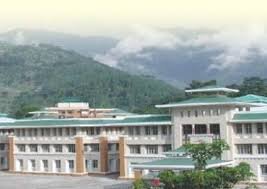
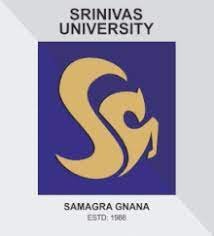
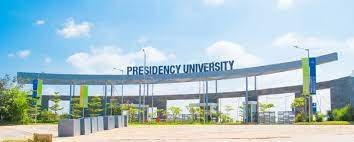



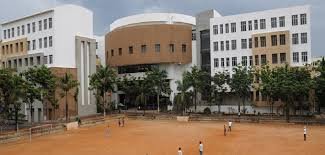
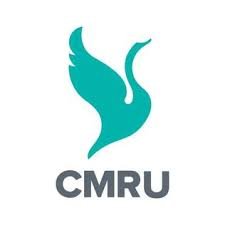
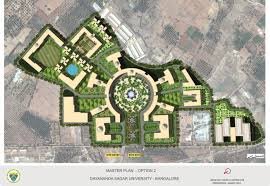
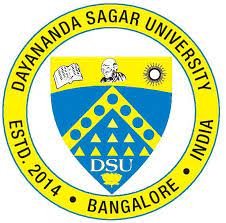



 back
back

